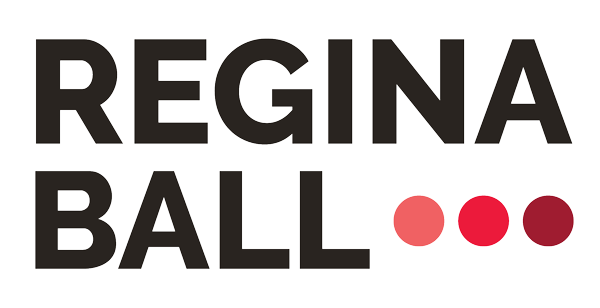USER EXPERIENCE & WEB DESIGN
Demo Page Redesign
Roles
Project Goals & Development, User Research, UX Design, Visual Design, Visual QA
Company: Huntress
Page redesign led to a 46% increase in conversion rate, period over period.
The Problem
The Huntress Demo page suffered from many similar problems as the previous Trial page, with elements that weren’t aligned to the brand. Since we had established a successful framework for the trial page, we used a slightly pared down process for the redesign of the demo page.
Potential for higher conversion rate on demo request page
Content did not provide users with pertinent information
Main value points of the product were not clear
Page did not match the overall site design
The previous version of the Huntress Demo page
Increase form submission conversion rate
Align the page design with the rest of the site
Lay the foundation for iterative approach based on user feedback
Redesign Goals
The redesigned version of the Huntress Demo page
Research & Data Gathering
I started with doing research to establish a baseline to grow from and see where we needed to improve the user experience.
Gather data and insights on page performance and user behavior
Determine and document performance baseline of existing page
Identify trends and areas of opportunity
Tools used:
Hotjar
Google Analytics
Hubspot
The Baseline
13%
View to Submission Rate
Similarly to the Trial page, value points were unclear leading to users having to navigate to Platform and Feature pages before completing the form.
Areas of Opportunity
Users don’t understand why they should request a demo of Huntress—how might we make that clear?
We know why a demo would be helpful to our users—how do we show them?
A visually consistent experience that’s built for future A/B testing
Ideation
Based on our identified goals and similar to the process of the Trial page redesign before it, I began gathering visual inspiration and best practices.
Visual Design Inspiration
High Fidelity Mockups
After reviewing the goals and inspiration with the team, we decided to pursue a few different designs for high fidelity mockups to present to our stakeholders. Because we had recently completed a similar process, we did not do low fidelity wireframes for this page.
Selected Design
Based on feedback from our stakeholders, we selected the final design based on the following included components, which aligned with our goals:
Visual contrasts in header and value points for better accessibility
Visual preview of the platform
Short, clear description
Mobile-optimized design
Process
Stakeholder group approved high fidelity mockup
Visual assets and mockup handed off to development team
Visual QA performed by me and web manager
Live Version
Outcomes
Lay the foundation for an iterative approach based on user feedback
After setting baseline for redesigned page performance, started regularly A/B testing
Average view to submission rate climbed to 19%, a 46% increase in the conversion rate
Did the new Demo page accomplish our goals?
Increase form submission conversion rate
Consistent visual experience
Align the page design with the rest of the site
46%
Increase in conversion
19%
Average View to Submission rate
If I had to do it all over…
If given the chance to do a project like this again, I would add the following items to the process:
Incorporate user testing for 2 page designs to provide additional context and results to internal stakeholder group
Conduct interviews with users who have not signed up for a demo or signed up for a demo but did not convert
Increase participation from Sales department stakeholders to see where we could better prepare the user when they have the demo
Acknowledgements
This project would not have been possible nor successful without the support and work from the following people:
Brandon Garcin, Director of Brand & Content | Stakeholder management & support
Rachel Bishop, Marketing Strategist | Copywriting & editing
Audane Leger, Digital Marketing Manager | Website implementation & testing





